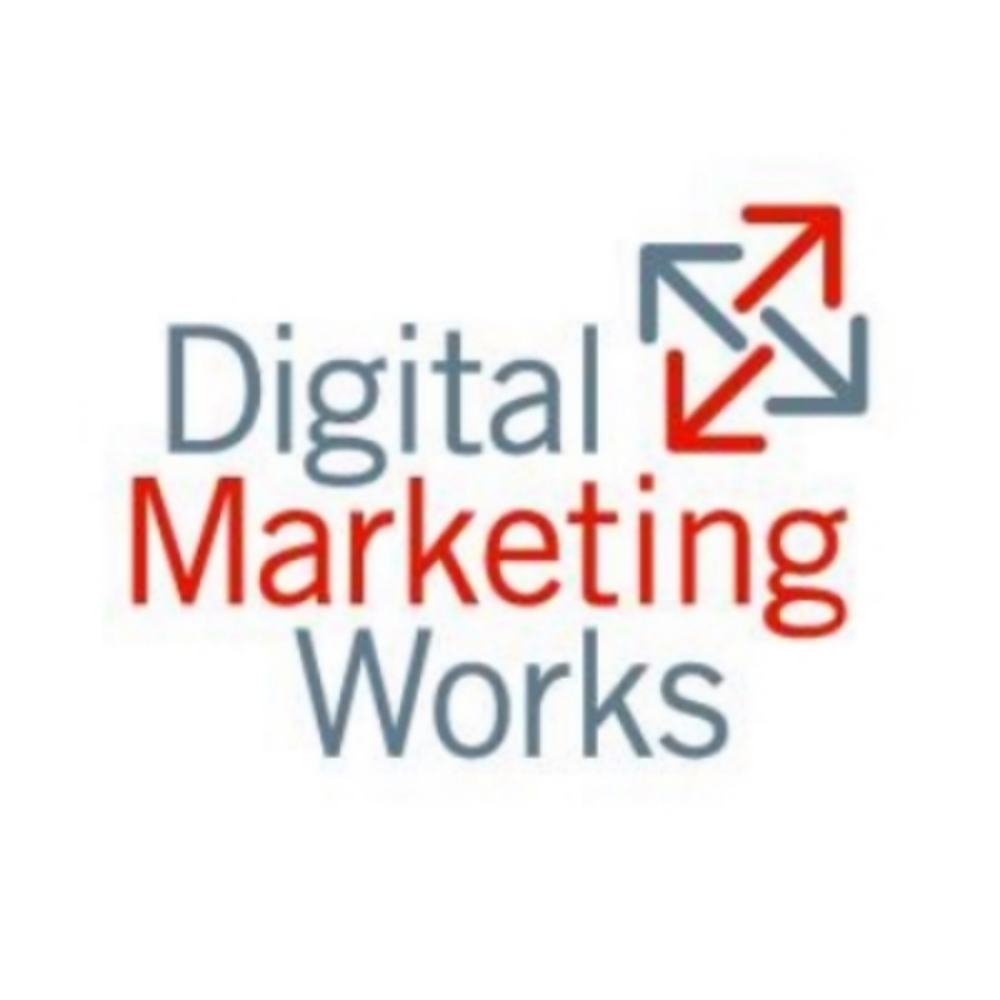A New Decade Finds Google Under Assault
/
In an earlier post, I referred to the prior decade as the "Google Decade". For digital marketers, the big story last decade was paid search and organic SEO. Google grew search market share every quarter and expanded their AdWords program to many sites and countries. They also established a culture of innovation that resulted in numerous new products such as Content (display ads), Earth, Print, TV, Gmail, Analytics, Apps, etc. Despite this new product rollout, Google still derives the vast majority of their revenue from AdWords, leaving them vulnerable to changing user behaviors and other advertising options. After dominating the last decade and proving a great ability to innovate and execute, Google finds itself being attacked from all sides. The recent news and announcements from Apple, Facebook and Microsoft tell the story.
Apple:
Apple:
- iPhone - despite their closed approach, single carrier strategy and Google's aggressive Android push, the iPhone continues to gobble up smartphone market share. For the quarter ending March 28, Apple sold 8.75 million iPhones, representing 131% unit growth year over year. Users don't search as much on their iPhones as they do on their desktop or laptop PCs. iPhone customers, instead, depend on Apps to find and enjoy digital information and content. Apple's App ecosystem and superior user experience are key to the success of the iPhone.
- iPad - 500,000 units have shipped in the first week or so. This new device type, which runs on the mobile, iPhone OS, is changing the game in terms of how we consume and interact with digital media.
- iAd - introduced on April 8, this program greatly benefits developers, publishers and advertisers. All iAds will be hosted and served by Apple. More about this can be found here and here.
- iTravel - on April 21, Apple filed a patent for iTravel - their travel-centric App for the iPhone and iPad. Apple is getting into the travel transaction (full user experience) business according to the filing. This is consistent with their iAd strategy to allow advertisers to reach iPhone and iPad users without making them leave the App to respond to or buy from the iAd.
- Implication for Google: For the first time, Apple is now in the digital advertising business and they have the mobile OS and platform to grow their advertising market share at Google's expense.
- 400 million active users - also, it was announced on March 19 that Facebook eclipsed Google and became the largest website in terms of page views.
- Social Plug-ins - last week, Facebook announced their new distributed "Like" program which will significantly grow their rich user data and provide earned media value for commercial websites of all types. This valuable profile data will yield greater advertising value (ROI) and quickly grow Facebook into a digital advertising powerhouse.
- New Graph API and platform - this simpler platform is designed to add value for developers, users and commercial websites. This should result in more "social graph" data for advertisers to target.
- Implication for Google: Facebook is innovating quickly and solidifying itself as an extremely large and valuable advertising platform where precise targeting can occur - sounds similar to how we described Google 5 or 6 years ago.
- Yahoo Search Partnership - this deal will allow the #2 and #3 player to join forces to battle Google.
- Bing launch and share growth - for the first time in memory, a search engine besides Google gained search market share. Microsoft has shown a great ability to innovate with Bing.
- Facebook Partnership - last week, Facebook and Microsoft announced their social collaboration through the Docs.com launch. This site, which leverages Office, cloud computing and Facebook, enables users to create and share Microsoft office documents with their Facebook friends.
- Implication for Google: Microsoft has a war chest of cash and is spending it to gain market share in Search and cloud-based Apps - two strategic markets for Google.
- Android mobile OS and Nexus One phone - launched on multiple carriers with numerous headset models including Google's Nexus One phone. Early results suggest these phones are selling and allowing Google to gain smartphone market share, at the expense of RIM and Palm. Android phones make "searching" the web a lot easier than iPhones.
- Bazaarvoice partnership - Last week, an interesting partnership between Google and Bazaarvoice was announced. Bazaarvoice provides private label user review technology to many major manufacturers and online retailers. Google will index these reviews and aggregate user scores and include them in search results and sponsored search ads. This exciting integration of earned media with paid media and search results will be interesting to watch.
- ITA acquisition - just a rumor, but the strategic thinking behind this potential travel acquisition shows that Google is now willing to risk their AdWords revenue and compete with some of their largest advertisers (Expedia, Orbitz, etc.) in order to dis-intermediate the travel supply chain and bring more efficiency to the travel market.

